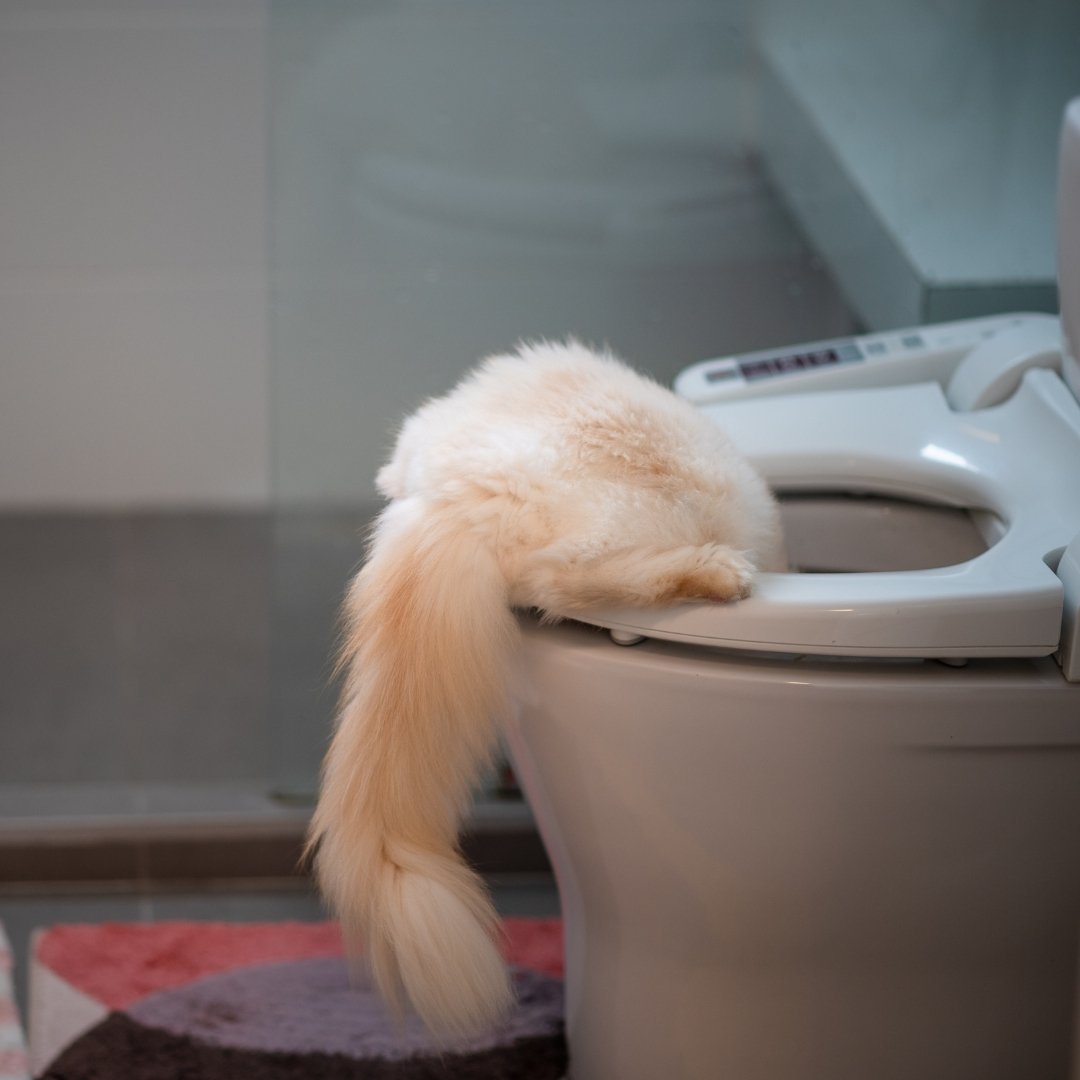Avoid Flush Cat Poop Down Your Toilet - Preserve Your House's Plumbing Integrity
Avoid Flush Cat Poop Down Your Toilet - Preserve Your House's Plumbing Integrity
Blog Article
What are your insights and beliefs about How to Dispose of Cat Poop and Litter Without Plastic Bags?

Introduction
As feline owners, it's important to be mindful of exactly how we throw away our feline close friends' waste. While it may seem hassle-free to purge feline poop down the toilet, this technique can have detrimental consequences for both the atmosphere and human health and wellness.
Alternatives to Flushing
Fortunately, there are much safer and extra liable ways to dispose of cat poop. Consider the following options:
1. Scoop and Dispose in Trash
One of the most usual technique of dealing with cat poop is to scoop it right into an eco-friendly bag and toss it in the trash. Make certain to use a committed litter inside story and get rid of the waste promptly.
2. Usage Biodegradable Litter
Opt for naturally degradable cat trash made from products such as corn or wheat. These trashes are eco-friendly and can be securely gotten rid of in the garbage.
3. Hide in the Yard
If you have a lawn, take into consideration burying feline waste in a marked area far from vegetable gardens and water resources. Make sure to dig deep adequate to avoid contamination of groundwater.
4. Mount a Pet Waste Disposal System
Invest in a family pet garbage disposal system specifically created for pet cat waste. These systems use enzymes to break down the waste, minimizing smell and environmental impact.
Health and wellness Risks
Along with ecological concerns, flushing pet cat waste can also position wellness risks to people. Pet cat feces might have Toxoplasma gondii, a parasite that can cause toxoplasmosis-- a potentially serious health problem, particularly for pregnant women and individuals with damaged immune systems.
Environmental Impact
Flushing pet cat poop presents hazardous virus and bloodsuckers into the water system, posturing a significant danger to water ecological communities. These impurities can adversely impact marine life and compromise water high quality.
Final thought
Accountable family pet possession prolongs beyond offering food and shelter-- it likewise includes correct waste management. By refraining from purging feline poop down the commode and opting for alternate disposal techniques, we can lessen our ecological impact and shield human wellness.
Why You Should Never Flush Cat Poop Down the Toilet
A rose by any other name might smell as sweet, but not all poop is created equal. Toilets, and our sewage systems, are designed for human excrement, not animal waste. It might seem like it couldn’t hurt to toss cat feces into the loo, but it’s not a good idea to flush cat poop in the toilet.
First and foremost, assuming your cat uses a litter box, any waste is going to have litter on it. And even the smallest amount of litter can wreak havoc on plumbing.
Over time, small amounts build up, filling up your septic system. Most litter sold today is clumping; it is made from a type of clay that hardens when it gets wet. Ever tried to scrape old clumps from the bottom of a litter box? You know just how cement-hard it can get!
Now imagine just a small clump of that stuck in your pipes. A simple de-clogger like Drano isn’t going to cut it. And that means it’s going to cost you big time to fix it.
Parasitic Contamination
Believe it or not, your healthy kitty may be harboring a nasty parasite. Only cats excrete Toxoplasma in their feces. Yet it rarely causes serious health issues in the cats that are infected. Most people will be fine too if infected. Only pregnant women and people with compromised immune systems are at risk. (If you’ve ever heard how women who are expecting are excused from litter cleaning duty, Toxoplasma is why.)
But other animals may have a problem if infected with the parasite. And human water treatment systems aren’t designed to handle it. As a result, the systems don’t remove the parasite before discharging wastewater into local waterways. Fish, shellfish, and other marine life — otters in particular — are susceptible to toxoplasma. If exposed, most will end up with brain damage and many will die.
Depending on the species of fish, they may end up on someone’s fish hook and, ultimately on someone’s dinner plate. If that someone has a chronic illness, they’re at risk.
Skip the Toilet Training
We know there are folks out there who like to toilet train their cats. And we give them props, it takes a lot of work. But thanks to the toxoplasma, it’s not a good idea.

I ran across that review on How to Dispose of Cat Poop and Litter Without Plastic Bags while doing a search on the search engines. Kindly take the opportunity to distribute this article if you liked it. Thank-you for your time invested reading it.
Book With Us Today! Report this page